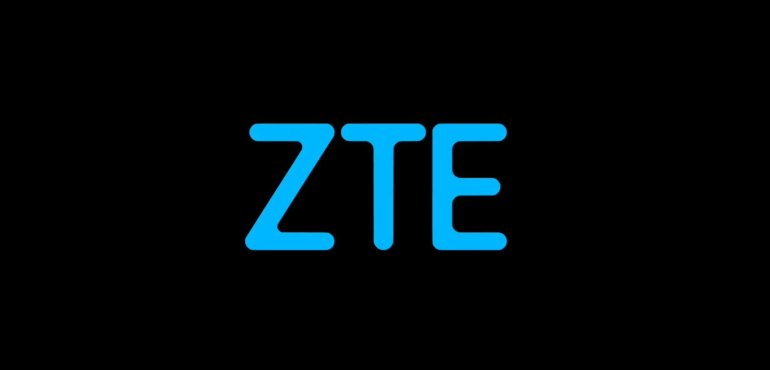FCC Upholds ZTE’s ‘National Security Threat’ Status

The Federal Communications Commission has denied ZTE’s request to reconsider the decision to label it a national security threat.
ZTE, along with Huawei, has been labeled a threat to national security over security and espionage concerns. ZTE and Huawei are believed to open the door for Beijing’s spying efforts, through their telecom equipment.
“We cannot treat Huawei and ZTE as anything less than a threat to our collective security,” FCC Commissioner Brendan Carr stated when the FCC initially labeled the two companies. As a result of the decision, companies are unable to use federal funds to buy, maintain or support equipment from ZTE or Huawei, providing a major incentive to use equipment from other companies.
There appears to be no relief in sight for ZTE, as the FCC has upheld its initial decision after the its Public Safety and Homeland Security Bureau found no sound basis to reconsider.
“With today’s order, we are taking another important step in our ongoing efforts to protect U.S. communications networks from security risks,” said FCC Chairman Ajit Pai. “At the next Open Meeting on December 10, the Commission will vote on rules to implement the Secure and Trusted Communications Networks Reimbursement program to help carriers remove and replace untrusted equipment from their networks, months before the statutory deadline. Now it is more vital than ever that Congress appropriate funds so that our communications networks are protected from vendors that threaten our national security.”


